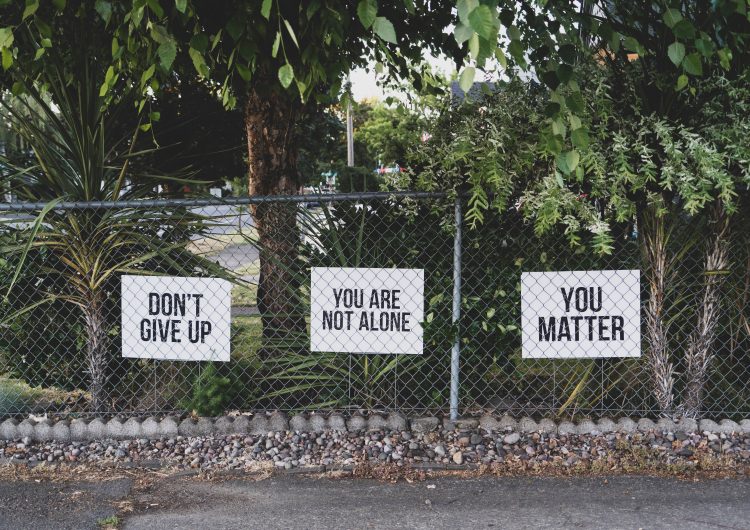
Understanding the Roots of Recidivism Will Require Deep Self-Reflection on a National Scale
In his song “Branded Man,” acclaimed country singer and former prisoner Merle Haggard once sang the following words:
I’d like to hold my head up and be proud of who I am,
But they won’t let my secret go untold,
I paid the debt I owed them, but they’re still not satisfied.
Now I’m a branded man out in the cold.
As Haggard knew well, a sincere willingness to reform oneself after experiencing incarceration is often not enough to successfully transition back into society. For many former prisoners, in fact, the quest to live a normal, upstanding life after prison can often feel utterly futile.
Indeed, with the largest prison population in the world with 2.2 million people incarcerated, the United States is only rivaled by Russia and China in its quest to incarcerate individuals from all walks of life. And like its rivals in the East, America’s criminal justice system seems designed to punish individuals rather than reform them.
Instead of focusing on prevention, alternatives to incarceration and/or habilitation and rehabilitation within the justice system on a larger scale, some politicians within the US seem to be pressing for even greater restrictions on prisoner rights and access to education, vocational and life skills training.
Undoubtedly, America’s history of hardline emphasis on punishment and negative reinforcement has also abetted the current crisis in recidivism seen among former prisoners. Even for individuals who see the error of their ways after a conviction, the prospect of coping with post-prison life can be crushing in its effects.
Individuals who have experienced prison will often face insurmountable barriers to employment; they may also find it nearly impossible to secure an apartment. They will often find themselves treated differently than others and face discrimination and social stigma on a daily basis.
Despite the fact that the United States is ostensibly a Judeo-Christian nation, it is clear that we have forgotten the key tenet of Christianity: Indeed, our unwillingness to forgive others is in many ways the biggest downfall of our culture. Moreover, our unwillingness to take the notion of genuine repentance for sin seriously results in the limited potential of countless lives.
It also puts former prisoners in a position where there is no incentive to contribute to society: Having been rebuffed by the outside world, many former-prisoners return to prison simply to live in a culture that they know; and for many, they have become institutionalized and prison life is all they know how to function in.
Fortunately, there are institutions that can help these individuals reach their full potential within society. Thanks to recent efforts by the Underground Scholars Initiative, for example, former prisoners who are currently studying at UC Berkeley can meet and provide support to one another while they complete their degree.
Like UC Berkeley, the Securus Foundation is also committed to helping former prisoners achieve the dignity and stability that they deserve.
“Our organization is staffed by former prisoners and directly impacted family members; and we will believe that we have a responsibility in the US to assist people, like our loved ones, with achieving Maslow’s Hierarchy of needs,” said Dawn Freeman, President and CEO of the Securus Foundation.
The Securus Foundation’s mission is to connect justice agencies to their communities with technology and processes that provide a demonstrable reduction in recidivism. In addition to The Securus Foundation’s workshops and resources to support reducing recidivism rates and support returned citizens, the Foundation is launching The Language Matters campaign to bring awareness to the negative impact of using dehumanizing language when referring to previously incarcerated individuals.
The Language Matters campaign aims to educate communities about alternative words they can use instead of, for example, “ex-convict” that will inspire businesses, politicians, media outlets, and everyday people to commit to discontinue to use dehumanizing language and rather support individuals to have a positive transition and reduce the rate of recidivism.
Foundations such as these are leading the charge towards a new era in justice reform that includes standing up for the dignity and human rights of prisoners, with a specific force to reduced recidivism rates across the nation. For that, these institutions deserve our deep respect and gratitude.
Contact:
www.CorpGov.com
Twitter: @CorpGovernor







